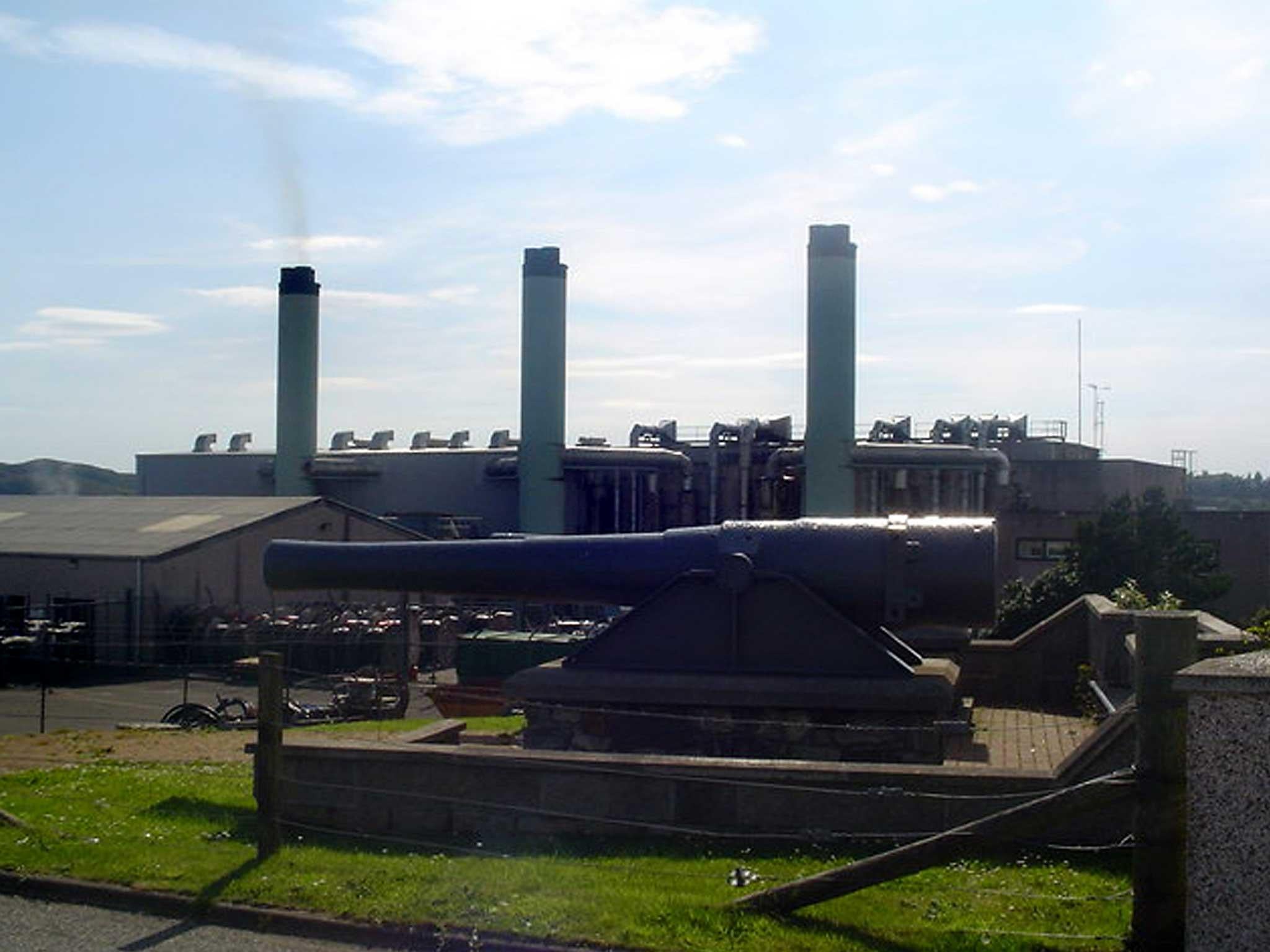MPs accuse Government of preferring ‘dirty diesel’ to renewables as Climate Change Committee is scrapped
Removing barriers to the creation of new electricity storage systems for wind and solar power could slash bills by £7bn a year, MPs say

Your support helps us to tell the story
From reproductive rights to climate change to Big Tech, The Independent is on the ground when the story is developing. Whether it's investigating the financials of Elon Musk's pro-Trump PAC or producing our latest documentary, 'The A Word', which shines a light on the American women fighting for reproductive rights, we know how important it is to parse out the facts from the messaging.
At such a critical moment in US history, we need reporters on the ground. Your donation allows us to keep sending journalists to speak to both sides of the story.
The Independent is trusted by Americans across the entire political spectrum. And unlike many other quality news outlets, we choose not to lock Americans out of our reporting and analysis with paywalls. We believe quality journalism should be available to everyone, paid for by those who can afford it.
Your support makes all the difference.The Government has been accused of subsidising “dirty diesel” at the expense of the new wave of “clean tech” energy projects as the MPs’ Energy and Climate Change Committee issued its last report before disbanding.
The current revolution in energy generation – which has seen levels of wind and solar power generation surge across the world – was “a huge economic opportunity for the UK”, the MPs said.
Battery technology and other forms of electricity storage have also been developing rapidly, solving the problem of renewables’ intermittent supplies.
But, launching the report, the chair of the ECC Committee, Angus MacNeil, said the Government “must get a move on” and encourage the energy market to embrace “smart technological solutions” like storage.
“There is an incredible opportunity for the UK to become a world leader in these … technologies,” he said.
“Yet our current energy security subsidies favour dirty diesel generation over smart new clean tech solutions.”
Diesel generators are often used to produce electricity during periods of high demand because they are easy to switch on and off, with firms receiving millions of pounds just to remain on standby under the Government’s Capacity Market system.
But Mr MacNeil said energy storage was a “vital keystone” in creating a clean electricity system as it would be as easy to use.
“It will mean we won’t have to wait for the sun to shine or the wind to blow to get our energy from renewables,” he said.
“We can generate electricity, store it and turn it on when it’s needed.”
Removing regulatory barriers to electricity storage would result in savings to energy consumers of £7bn a year, he added.
One of Theresa May’s first acts as Prime Minister was to abolish the Department for Energy and Climate Change and the associated Cabinet Secretary’s post, shifting responsibility to the renamed Department for Business, Energy and Industrial Strategy (BEIS).
As Commons’ committees shadow Government departments, this also means the demise of the ECC committee.
Its report called for the Government to make green technology “a top priority in its forthcoming industrial strategy”.
“The energy revolution presents a huge economic opportunity for the UK,” it said.
“With the appropriate strategy, policies and regulatory framework in place, Britain can become a world leader in the green technology sector.”
The Committee also said what is known as demand-side-response – such as schemes to get large companies to use energy at different times of day to prevent sudden peaks – should be encouraged, partly because it could reduce energy bills.
Investment in virtually any form of energy generation currently requires some form of Government subsidy because the return is so poor.
Investors have also been discouraged by a large number of sudden changes in Government policy over the last year.
Welcoming the ECC Committee’s report, James Court, head of policy at the Renewable Energy Association, said: “The capacity market in its present form is failing to secure the construction of new gas plants, while perversely subsiding the building of new carbon intensive diesel generators.
“We should be using the capacity market to secure demand-side response capacity and to make us a global leader in the development and deployment of energy storage.”
Simon Bullock, a Friends of the Earth campaigner, echoed the MPs’ remarks about the chance to make money by creating new energy storage and demand-side techniques.
“They’re needed to build the smart, flexible, clean electricity grid we need in the 2020s. They will also reduce our reliance on dirty fossil fuel plants for back-up power, and can get household bills down,” he said.
“The committee is right to stress this huge opportunity, but that it needs Government policy change to help it grow quickly and benefit consumers.
“The bottom line is this technology is growing fast and costs are falling, but Government support will be needed to help make it work properly.”
BEIS said in a statement: “The Capacity Market ensures that our families have a secure energy supply at a fair price that they can rely on.
“We are fully committed to a low carbon energy future and the potential benefits that new technologies such as storage could bring to this. However, for the Capacity Market to work effectively it relies on flexible technology that is ready to be deployed”
Dr Nina Skorupska, the Renewable Energy Association's chief executive, bade a fond farewell to the MPs' committee.
“I would like to thank the committee for their diligence in highlighting to the Government the issues and major opportunities facing the UK’s energy market," she said. "Their input will be missed.”
Join our commenting forum
Join thought-provoking conversations, follow other Independent readers and see their replies
Comments